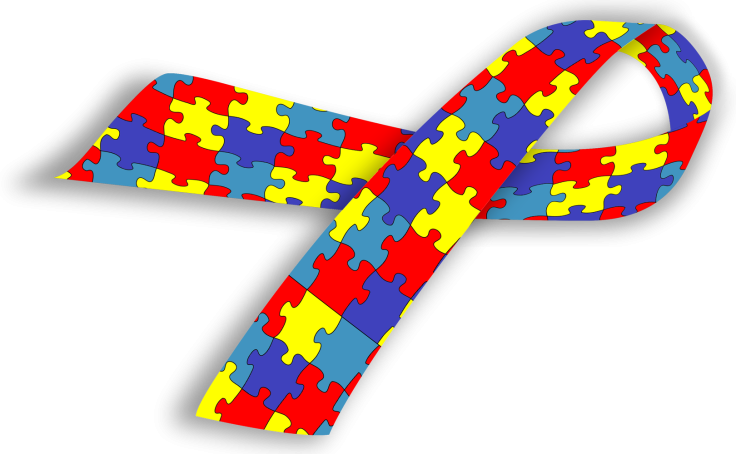New Research Links Autism To Cancer: Will A Genetic Basis And Treatment Be Found Soon?

Like cancer, autism can involve unregulated growth of cells, in this case neurons in the brain. Yet unlike cancer, which kills wild animals at about the same rate it causes human mortality, no animals naturally have autism.
Greater confusion concerning both diseases naturally followed when researchers studying genetics stumbled upon new information linking cancer and autism, as reported in The New York Times.
A gene called phosphatase and tensin homolog (or PTEN, pronounced 'p-10') and the tuberous sclerosis genes are part of a greater web of hereditary data that regulate cell growth and size. When PTEN or one of the tuberous sclerosis genes either malfunction or become damaged, the result may be cancer and tumors or a miswiring of neuronal connections in the brain — autism, in a word.
Since 2005 and stretching across a variety of different studies, researchers have found that about 10 percent of children with mutations in PTEN and nearly half of children with tuberous sclerosis gene mutations have autism.
These findings apply only to a small proportion of people with autism and of those with these particular mutations. Not all will develop either autism or cancer (or, for that matter, any other disorder associated with the genes, like epilepsy, enlarged brains, or benign tumors). Still, this newly discovered link has inspired scientists to begin testing new treatments for children with autism.
It has also enabled them to genetically engineer mice with symptoms of autism. For instance, Dr. Mustafa Sahin of Boston Children’s Hospital is currently testing drugs which are commonly used to treat tumors caused by tuberous sclerosis gene mutations, The New York Times reported.
Although the genetic origin of autism remains a mystery, researchers are increasingly discovering links to various disorders. For instance, researchers have recently explored associations between autism and anorexia nervosa, epilepsy, and severe mood disorders. With each new relationship, geneticists can identify new paths to explore.
Rather than one disease, autism spectrum disorders (ASD) encompass a collection of conditions with similar traits of different severity. More and more it is recognized that individuals along the autism spectrum may be extremely diverse with some recognized as uncommonly disabled, while others may be extraordinarily gifted in the areas of mathematics, science, or technology.
Males are four times more likely than females to have an ASD, though it occurs in all ethnic and socioeconomic groups and affects every age group. The Centers for Disease Control and Prevention estimates that one out of 88 children age eight will have an ASD. Impaired social interaction is a signature feature of ASD and its diagnosis often begins when an infant is unresponsive to people or focuses too intently on a particular inanimate object.
Heartbreakingly, a child with ASD may appear to develop normally for a stretch but then the child will withdraw from interaction and disappear.



























